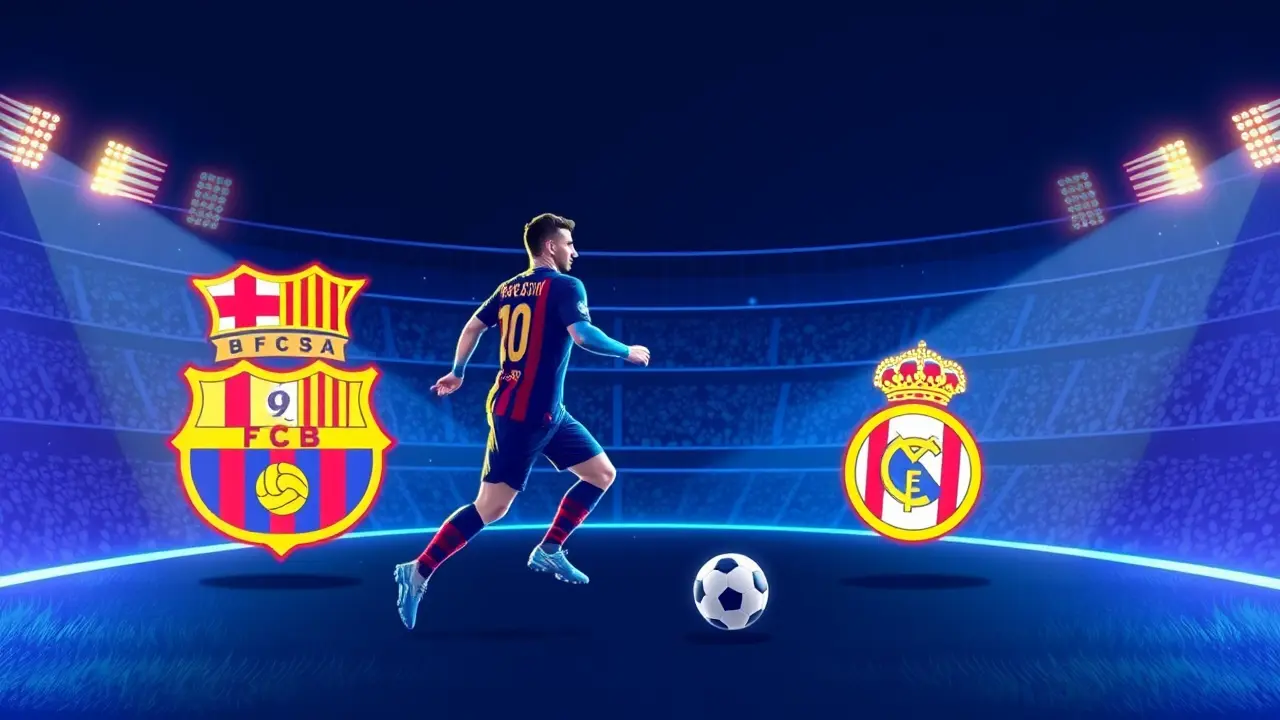Joan Laporta: Superleague clubs must return to UEFA for peace.
In a move that signals a seismic shift in the European football landscape, FC Barcelona president Joan Laporta has publicly declared that the clubs of the beleaguered Superleague must return to the UEFA fold for the sake of peace, a statement that feels as monumental as Johan Cruyff’s decision to build his 'Dream Team' upon a philosophy that would redefine the sport. Laporta, a figure whose political maneuvering often draws comparisons to the tactical genius of Pep Guardiola in his prime, stated that Barcelona is actively working to mend its fractured relationship with European football's governing body, emphasizing that an agreement is being reached 'for the good of football, for peace in European football.' This isn't merely a tactical retreat; it's a strategic pivot, an acknowledgment that the rebel project, launched with the fire of a Luis Suárez volley, has fizzled into a holding pattern with only two clubs left on the pitch: the eternal rivals, Real Madrid and FC Barcelona. The Catalan giants, Laporta insists, feel a 'very close bond' with UEFA, a sentiment that seemed unthinkable just two years ago when the Superleague was announced with the explosive force of a Roberto Carlos free-kick, threatening to tear the established order asunder.The background to this dramatic reconciliation is the recent overhaul of the UEFA Champions League format, changes that Barcelona's hierarchy reportedly found palatable, feeling that UEFA now demonstrates a level of respect previously absent. This is a classic Laporta gambit, reminiscent of his masterstroke in bringing Lionel Messi through La Masia; he plays the long game, understanding that political capital, like possession statistics, is meaningless without a decisive end product.While reports from outlets like RAC1 and COPE suggest Barcelona's intent is to let the Superleague project 'die' quietly to avoid financial penalties, Laporta’s public framing is one of statesmanship, suggesting there are elements both the Superleague and UEFA can 'jointly explore,' a diplomatic olive branch extended after a bitter war. The consequences of this détente are profound.For Barcelona, mired in financial woes that recall the profligate spending of the post-Neymar era, reintegration into UEFA’s ecosystem is not just preferable but essential for stability and access to vital revenue streams. For football at large, it represents the potential end of a civil war that pitted club against club and club against federation, a conflict that exposed the raw commercial tensions beneath the beautiful game's surface.Yet, the specter of Florentino Pérez's Real Madrid, the other remaining stalwart, looms large. Will the Bernabéu follow the Camp Nou's lead, or will they stand alone as the last bastion of rebellion, a situation as narratively rich as any Clásico? Laporta’s confidence that 'things are going well' and that dialogue is productive suggests a deal is imminent, a peace treaty that could reshape the future of continental competition and reaffirm UEFA's hegemony, for now. But in football, as in life, today's ceasefire is merely the prelude to tomorrow's negotiation, and the underlying issues of revenue distribution and elite club autonomy that sparked the Superleague revolt remain unresolved, waiting for the next visionary or provocateur to kick the ball back into play.
It’s quiet here...Start the conversation by leaving the first comment.
© 2025 Outpoll Service LTD. All rights reserved.
